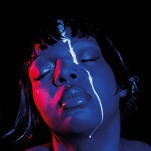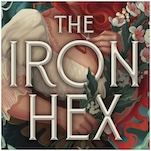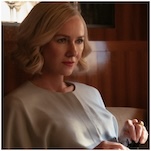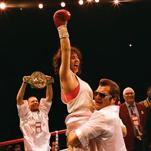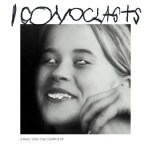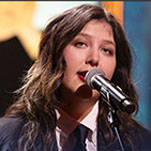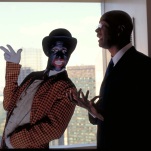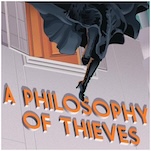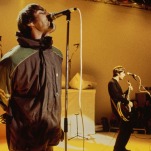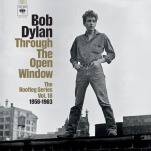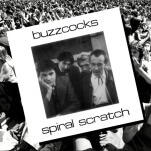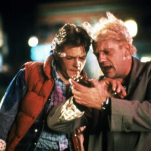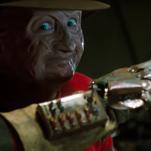Founders Brewing: Blood, Sweat and Barrel-Aged Beer
Photos by Jim Vorel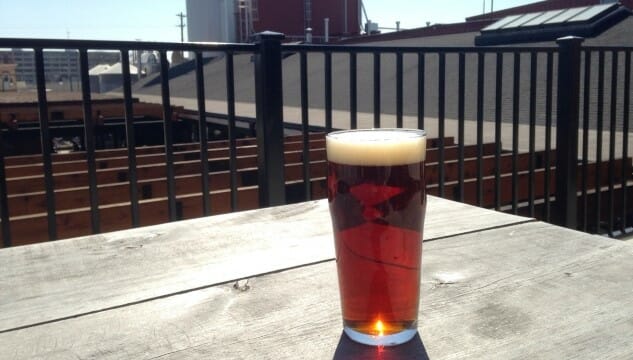
The story of Founders Brewing Company is, in general, the sort of tale that exemplifies the excel-or-perish nature of craft brewing—especially in the era that Founders came into being. Born in 1997 as Canal Street Brewing Co., the brewery that became Founders came barreling headfirst into an American market that was just experiencing the burst of its first big craft beer bubble, a downturn in the craft market that persisted until 2002 or 2003 with very slow growth across the entire industry. One could argue that Founders was literally founded at the worst possible moment, and their early offerings didn’t exactly set the local beer community on fire, either. Times were tough.
Times were so tough, in fact, that the brewery commemorated its 15th anniversary in 2012 by releasing a burly, barrel-aged barleywine called Bolt Cutter—a direct reference to the time co-founder Dave Engbers received a call from the bank, threatening to chain the doors of the building if they didn’t pay off half a million dollars within the space of a week. Ready to make a stand, he instead bought a set of bolt cutters, which still remain in his office as a memorial of how close Founders came to the brink.
In terms of the beer, though, it was fitting that Founders should choose to celebrate that anniversary with a high-gravity barrel-aged offering. It was exactly these kinds of beers that helped the brewery finally realize its true identity, build a rabid fanbase and eventually conquer the American craft beer market with a series of critically and popularly adored releases. Over time, the Founders name has come to be synonymous with several varieties of barrel-aged beer—but notably, not with every style. For all its growth and all its popularity, Founders remains a brewery that seemingly answers to no one. Its brewers have retained the ability to make what they want, rather than what the literati of the beer geek world might demand.
-

-

-

-

-

-

-

-

-

-

-

-

-

-

-

-

-

-

-

-

-

-

-

-

-

-

-

-

-

-

-

-

-

-

-

-

-

-

-

-

 Kosmicki pulls beer for drinkers straight from the barrel.
Kosmicki pulls beer for drinkers straight from the barrel. The Black Party crowd at full strength on the Founders patio.
The Black Party crowd at full strength on the Founders patio.


